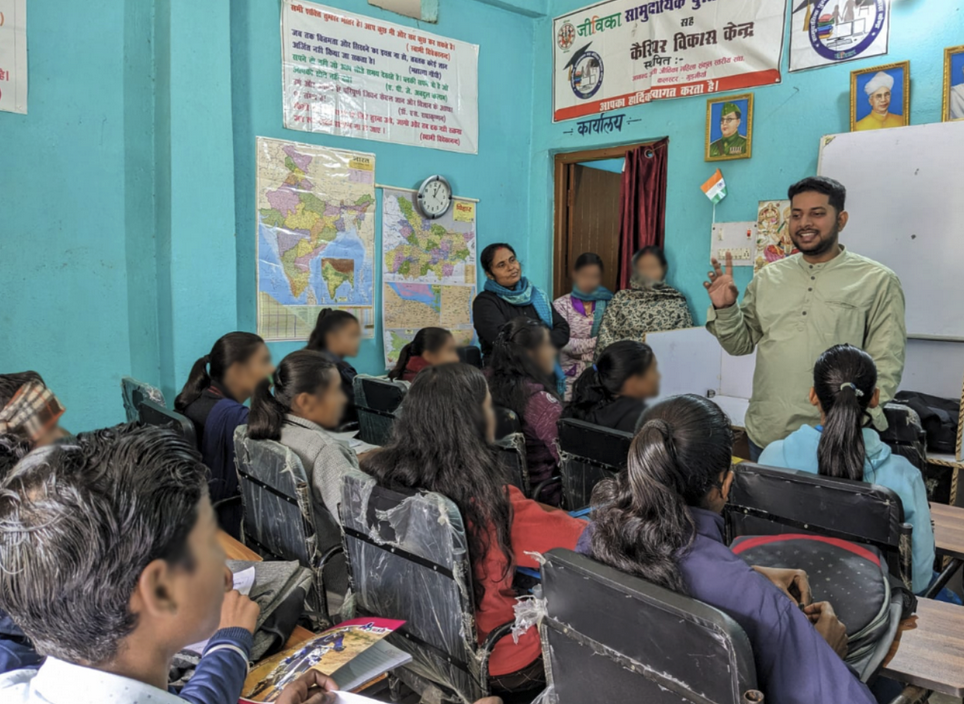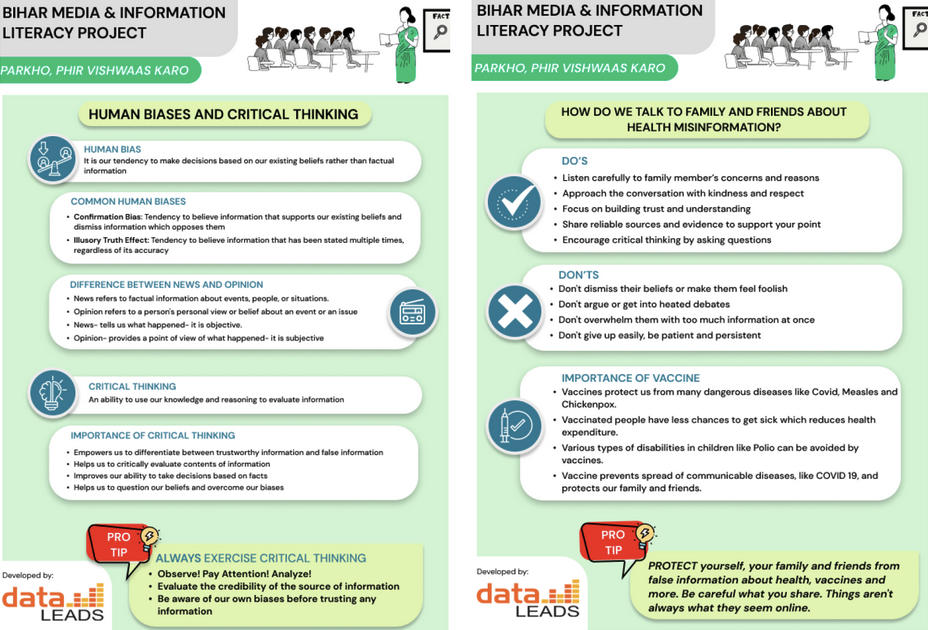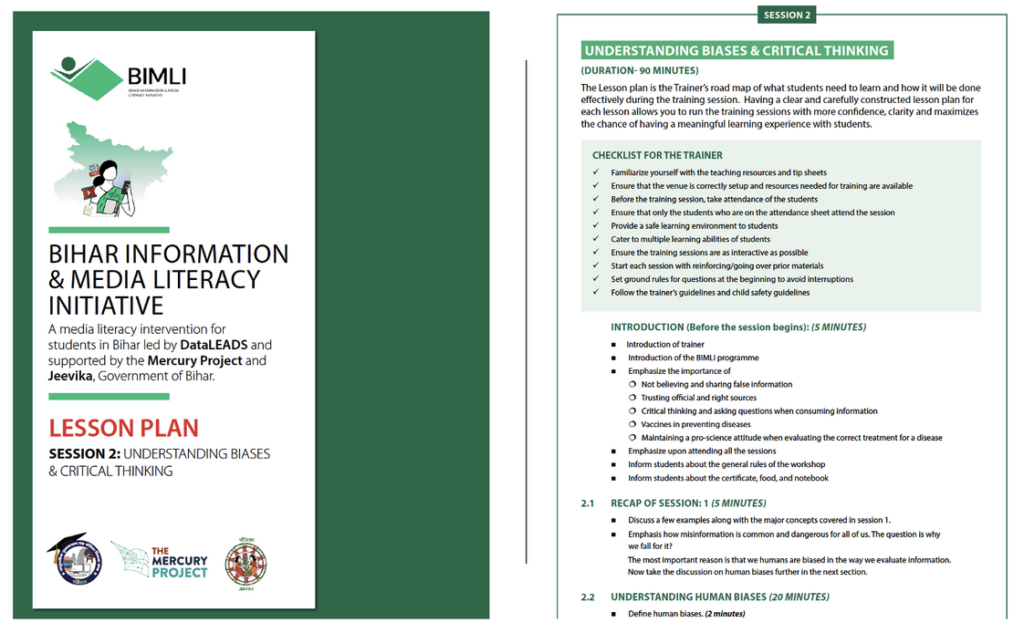Mercury Project Findings: Bihar Information and Media Literacy Initiative (BIMLI)
Over the course of the past three years, the Social Science Research Council’s Mercury Project has supported 18 research teams around the globe in evaluating interventions designed to increase vaccination and other evidence-based health behaviors. We are excited to now present the many policy-relevant and actionable insights from their projects.
The Mercury Project team leading the Bihar Information and Media Literacy Initiative (BIMLI) experiment found that a classroom-based information literacy program improved students’ capacity to comprehend and process health information, as well as to apply classroom teachings to real-life contexts.
The Problem
As children reach middle- and high-school, they often begin to search online for information about their personal health choices. Inaccurate health information online is a global concern, one that is exacerbated in regions where adolescents have low literacy and limited experience using the internet. One of the Mercury Project’s teams, the Bihar Information and Media Literacy Initiative (BIMLI), explored how adolescents engage with health information online, and whether classroom-based media and literacy training could effectively prevent or alter the behaviors that stem from access to inaccurate health information.
Bihar is one of India’s least developed states, and one where traditional alternative medicine (e.g., Ayurveda) is highly regarded and sought out for treatment, including for severe diseases. Part of this project team’s task included exploring whether media and literacy training can overcome deeply ingrained and socially- and politically-touted beliefs about the effectiveness of alternative medicine. This was crucial as previous studies show that information related to health, especially when tied to traditional belief systems, is difficult to change.

The Intervention
Mercury Project researchers designed a field experiment targeting almost 14,000 students in Bihar. Over a 14-week period, students participated in four 90-minute sessions led by trained educators across the state. The sessions were designed to equip students with critical thinking skills to counter false health-related information, and with practical tools that ensure students consume content from responsible sources. The program was delivered as an official government certificate course, the legitimacy of which boosted school enrollment in the program and allowed researchers to reach a significant sample of adolescents all across the state of Bihar.
Participating adolescents were asked about a variety of outcomes, including their attitudes, preferences, and behavior towards online health information. These outcomes were compared to those of students who received a “placebo” class designed to mirror the intervention class in terms of length and attendance requirements.

The Effects
The BIMLI intervention produced striking effects on students’ abilities to distinguish between true and false information. Participants demonstrated heightened capacities to evaluate information and to assess the credibility of different types of sources: accuracy discernment (students´ability to discern true versus false headlines) improved by 35%, sharing discernment (their willingness to share true versus false headlines) improved by 27%, and source discernment (their ability to identify reliable versus unreliable sources) improved by 39%. Specifically, students were more likely to be critical of online sources and to utilize different checks when deciding which news sources were worth sharing with others. Importantly, the program shows enduring positive effects in a follow-up survey four months post-intervention, suggesting that this educational program can have lasting and long-term effects on students.
Notably, the intervention also brought about changes in students’ health preferences, diminishing reliance on alternative medical approaches to cure serious illnesses by 15%.

Even more strikingly, the team’s follow-up survey also included a battery of political items that were not discussed during BIMLI sessions. Researchers found large effects on these entirely new items: respondents were better able to discern true from false political news (+26%) after an intervention that focused entirely on health, demonstrating that they were able to learn from the treatment, retain its lessons, and apply it to entirely new, and polarizing, domains.
Parents of participating students were also better able to distinguish between true and false information, demonstrating the ability of sustained educational interventions to have network-level spillover effects, and trickle-up education from children to parents.
In the face of ongoing and widespread dissemination of inaccurate health information, developing the ability to discern and combat inaccurate information online can have important consequences for adolescent and adult beliefs about and preferences for reputable online sources, medical treatment decisions, and what information is shared within social networks. BIMLI’s results show that well-crafted health education programs can not only educate participants on how to discern false health-related information, but also can combat the spread of false information in non-health domains and affect those close to participants.

